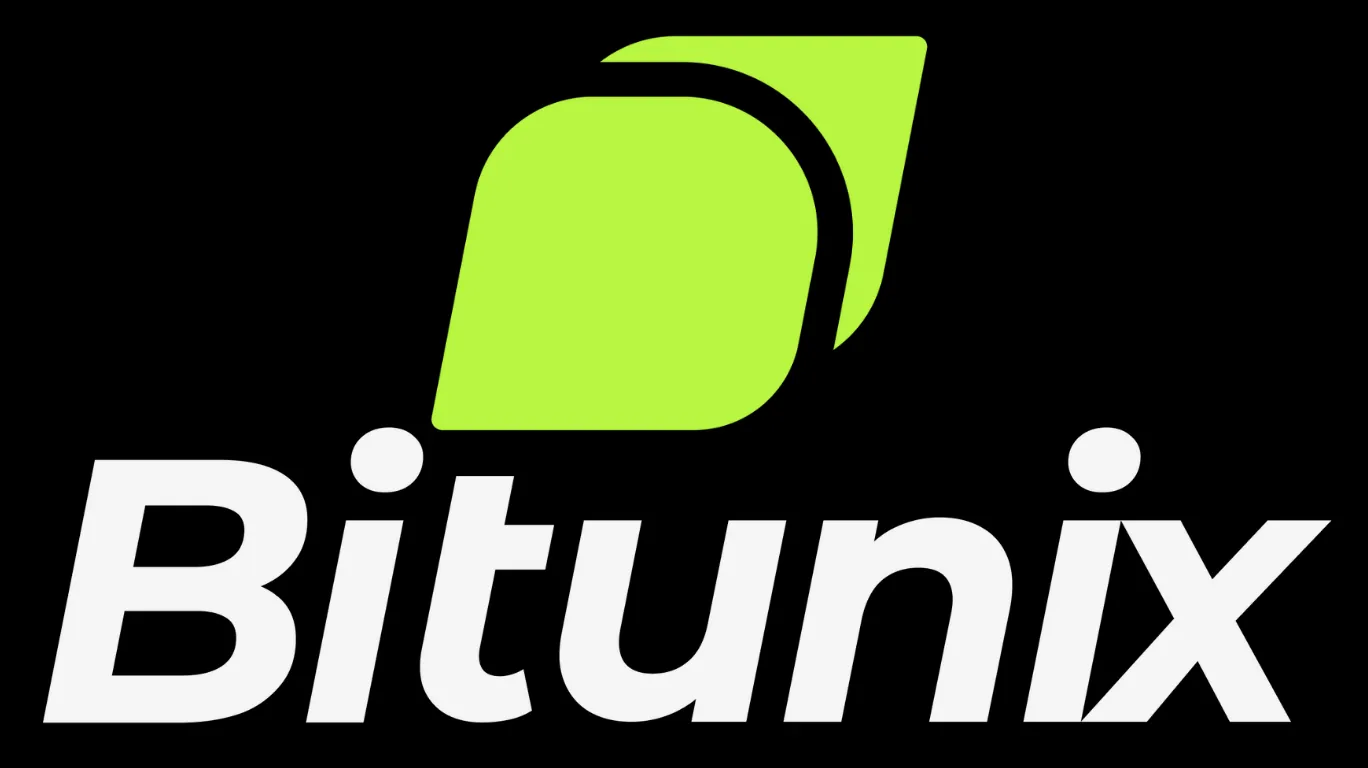Best Centralized Exchanges
Top Rated CEXs
Bitunix Review (2026) | No-KYC CEX: 125x Leverage
Need high leverage without uploading ID? Bitunix: 125x, 0.02% fees, no KYC ever. 3M traders, copy feature included. Unlimited withdrawals, zero paperwork. Trade free.
Key Features
- No KYC required ever - complete privacy and anonymity
- 125x leverage available without identity verification
- Ultra-low 0.02% trading fees (5x cheaper than most CEXs)
Frequently Asked Questions
What is a Centralized Exchange (CEX)?
A Centralized Exchange (CEX) is a platform managed by a company that facilitates the buying and selling of cryptocurrency. Unlike DEXs, CEXs act as intermediaries, holding custody of your funds and matching orders in an internal order book. They function similarly to traditional stock exchanges like the NYSE or NASDAQ.
Key Advantages of CEXs
Fiat On/Off Ramps: Easy integration with bank accounts and credit cards to buy crypto with cash. Liquidity: Generally higher liquidity than DEXs, especially for large trades. Customer Support: Access to help desks and support teams if you have issues. Advanced Features: Often offer margin trading, staking, lending, and copy trading in one place.
CEX vs. DEX: Which Should You Choose?
Choose a CEX if: You are a beginner, need to convert fiat to crypto, want customer support, or prefer a familiar 'bank-like' experience. Choose a DEX if: You prioritize privacy, want full control of your keys, want to trade unlisted tokens, or want to avoid KYC.
How We Review Centralized Exchanges
We test CEXs by depositing real funds and trading. We look for Security (Proof of Reserves, insurance funds), Fees (trading, withdrawal, deposit), KYC Process (intrusiveness, speed), and User Experience (mobile app, interface speed).
Risks of Centralized Exchanges
'Not your keys, not your coins.' The biggest risk is that the exchange could go bankrupt (like FTX) or be hacked, resulting in the loss of your funds. Always consider withdrawing large amounts to a personal hardware wallet.
Related Resources
Decentralized Exchanges →
Reviews of the best DEXs for trading, liquidity providing, and yield farming
Telegram Trading Bots →
Automate your DeFi trades with the best Telegram bots for sniping and trading
Trading Terminals →
Professional platforms with advanced charting and multi-exchange management
DeFi Tools & Calculators →
Free calculators for impermanent loss, APY/APR, P&L, DCA, and ROI analysis
